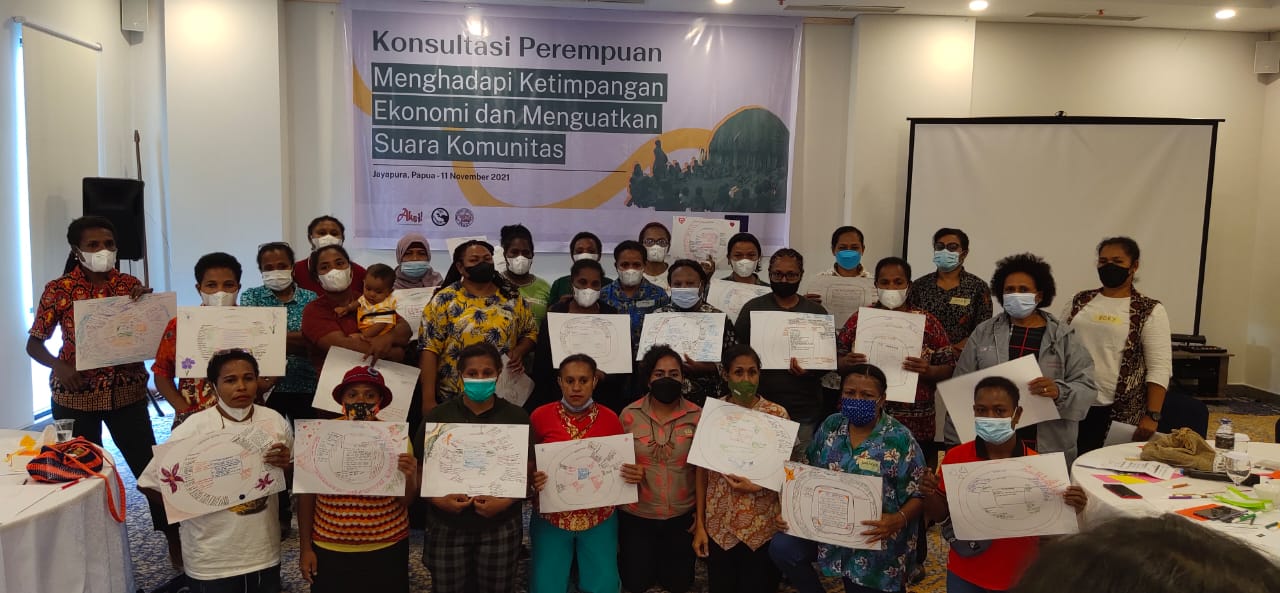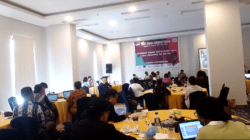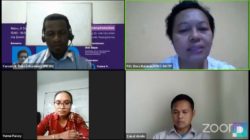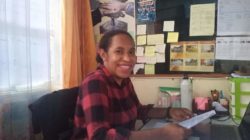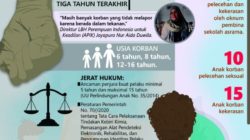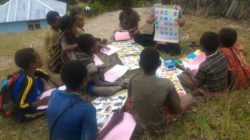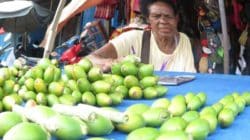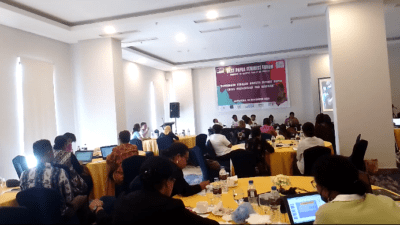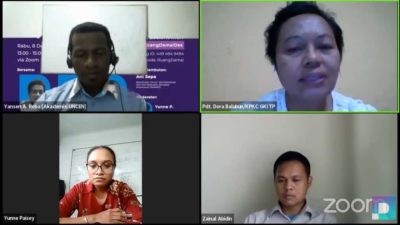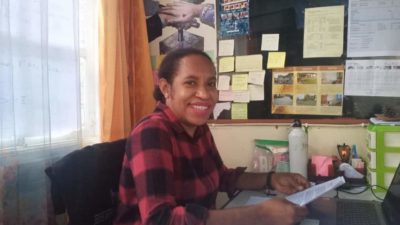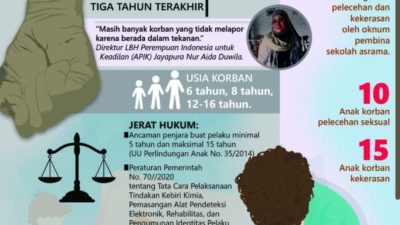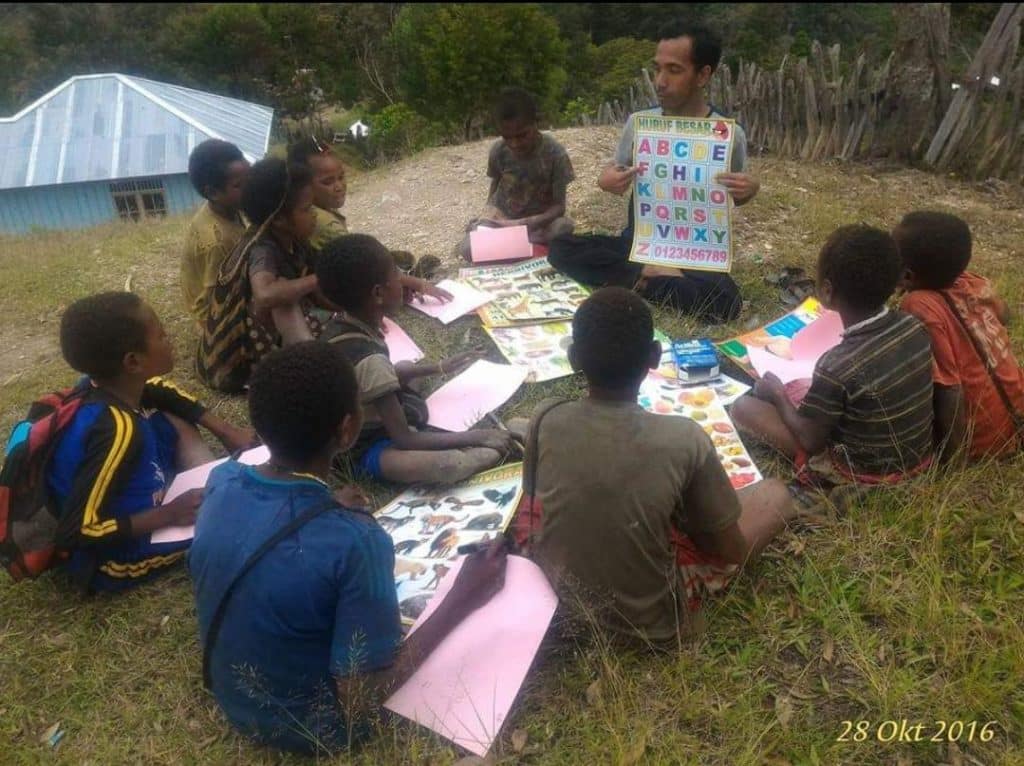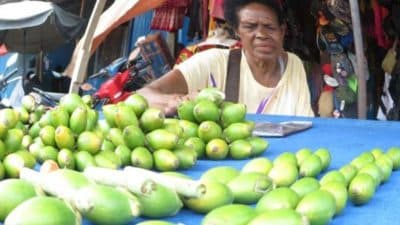Jayapura, Jubi – Activist and coordinator of Papuan women’s rights network TIKI, Fien Jarangga, said the gender inequality and violence experienced by Papuan women today was still the same compared to 2008. She said in a written statement following the discussion with a number of women activists held in Jayapura City on Thursday, Nov. 11, 2021.
Jarangga said that in 2008, the National Commission on Violence against Women documented the testimonies of 200 Papuan women who were victims of violence. The stories have been published as a report entitled “Stop Sudah!” (Stop Already!).
However, 13 years after the report was made, there has been no improvement in the situation of gender inequality and violence against Papuan women. “From 1963 to 2009, the problem was the same. The situation has not changed. What has changed now is that many children are graduates,” said Jarangga.
According to Jarangga, the poverty and marginalization faced by Papuan women are varied. Papuan women lose access to the means of production (economy), education, health, and natural resources including forest, sea, and land.
Head of Institute for Assessment and Capacity Building (Lekat) at the Cenderawasih University’s Faculty of Social and Political Sciences, Jackson Yumame, said that women, both in Papua and throughout Indonesia, were still a discriminated and marginalized group to date. Women find it difficult to get access to economy, health, and education.
“While in fact, women play an important role in the wider development context,“ Yumame said. “The nation’s success is determined by the economic success of women. The two things that can encourage [women’s economic success] are regulations and programs to strengthen women,” she continued.
Risma Umar of AKSI for gender, social and ecological justice said her party believed that sustainable life and a peaceful and prosperous condition for women could happen if Papua’s nature were preserved and managed properly.
“When nature is destroyed, humans and all ecosystems will be damaged. Women’s voices are still repressed in the midst of inequality and injustice. Papuan women also have the right to be free from suffering and poverty,” she said.
The discussion on Thursday was also attended by a number of women activists from the Keerom and Jayapura Regencies. They discussed support for the Papuan mamas’ initiative, as well as how to strengthen the women’s movement in Papua for change to occur.
The discussion resulted in 12 suggestions for change, including “return our land”, “stop limiting our rights”, “review palm oil policies”, and “stop illegal logging”. The discussion also suggested President Joko Widodo repair the damage of natural resources in Papua. All in all, the discussion encouraged Papuan women to support each other and speak up. (*)
Reporter: Timoteus Marten
Editor: Aryo Wisanggeni G


